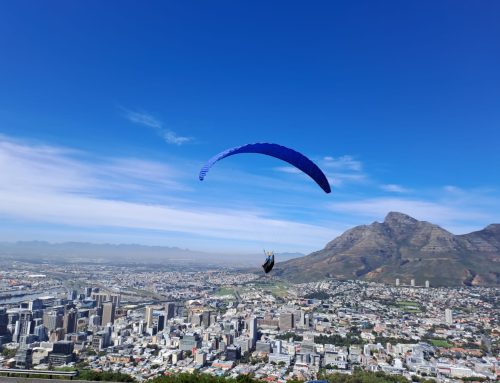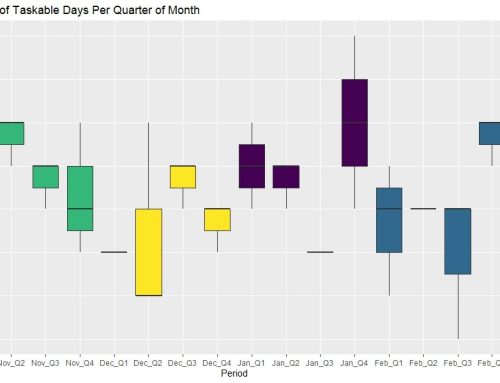Are you looking into paragliding but not sure which school to choose? This blog outlines FIVE practical questions to look into before making your choice.
1. Can I teach myself to fly?
No, you can’t. Well, you could. Though it would be illegal, and you will increase the chances of having an accident at some point. Accident’s are as real as wheelchairs and funerals. Flying a paraglider in benign conditions is easy. Though there’s a fine line between a safe flight and a trip to the hospital. Choose a good school. Learn from the pros. This is your life we’re talking about.
2. Is the school SAHPA & SACAA approved?
All South African paragliding schools teach under the South African Hang and Paragliding Association (SAHPA). SAHPA has an Aircraft Training Organisation (ATO) licence. The South African Civil Aviation Association (SACAA) is mandated by the Department of Transport to oversee aviation activities. They issue the ATO licences. If the school you found is not registered with SAHPA, find one who is. See here for an example of an “Acceptance of Affiliation” letter issued by SAHPA.
3. Where will you fly after you get your paragliding license?
Due to geographic regions and varying climates, flying conditions vary all over South Africa. Coastal sites like those found on the Garden Route are very easy to fly. This is due to the smooth laminar wind blowing from the ocean. This might sound amazing to the novice. However, it has setbacks especially if you live in another part of the country. It is highly recommended that you choose a school local to where you will fly after your student training. In this way, you will learn about the local sites and have the confidence to fly there after getting licensed. You will likely meet other local licensed pilots in the course of your training. These locals will become your flying buddies. If you live in Cape Town, learn in Cape Town. If you live in Gauteng, learn in Gauteng.
4. Do the school paragliding instructors fly solo in your area?
Be careful of learning with instructors who no longer fly solo at home or at all. It’s easy to forget what the local conditions are like if all you ever do is fly tandem from the same takeoff or spend your time on the ground talking into a radio. You want to learn with instructors who still fly solo and are still in it for the love of the sport.
5. Do the school instructors fly at competitions?
Competition flying ensures constant learning. It’s as important for the newly licensed pilot as it is for the seasoned instructor. By flying competitions, pilots are forced to learn new techniques. They also socialise with pilots from all over which further enhances their knowledge. Like everything in life, change is constant. Choose a school that keeps up with the times.



